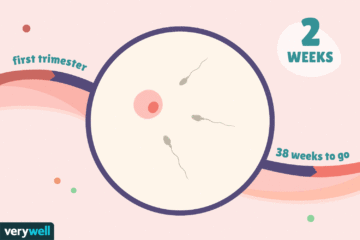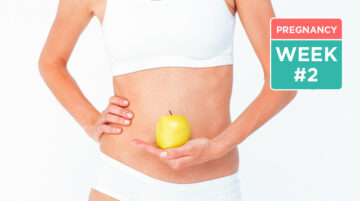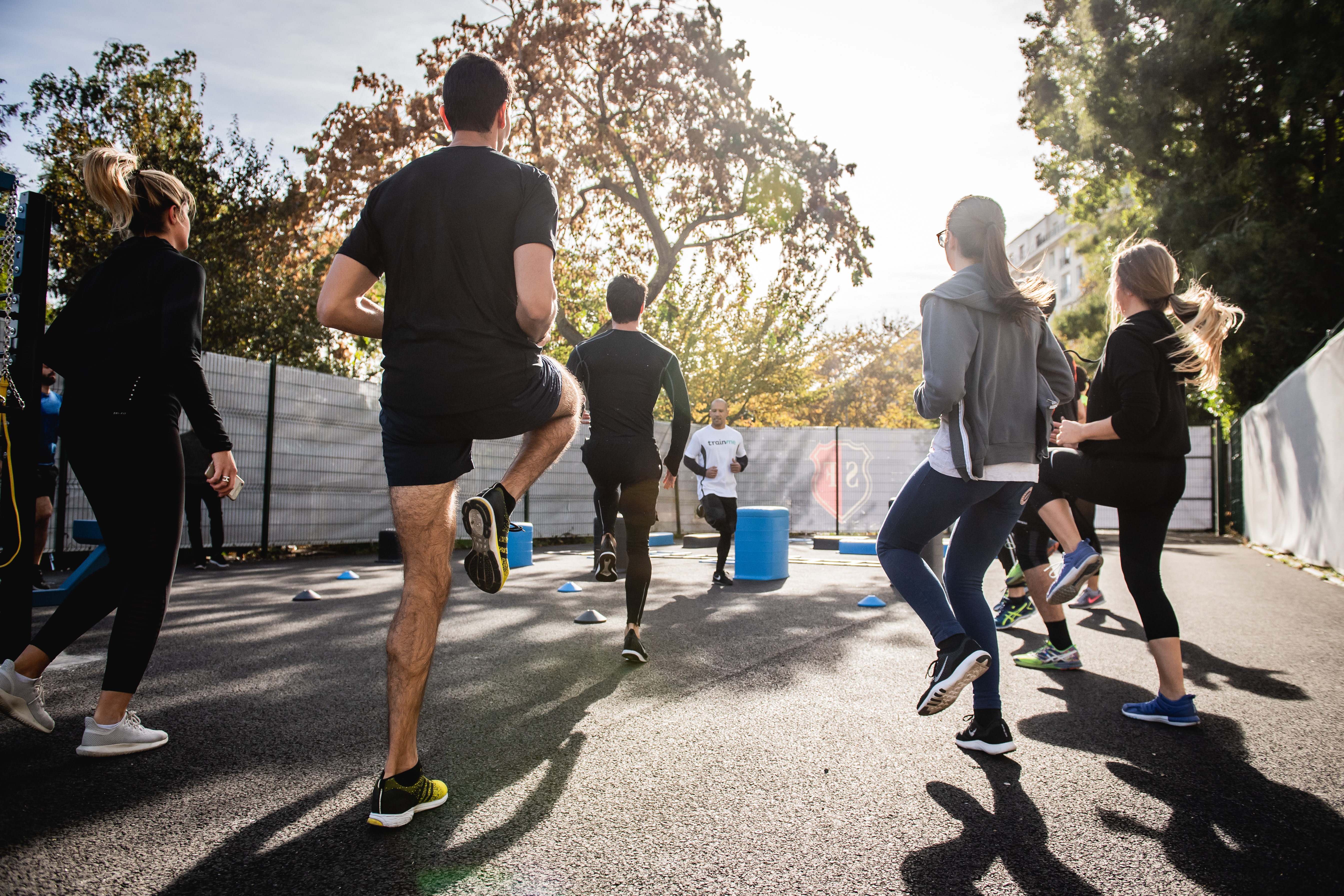2 Weeks Pregnant-
Nutrition for a Healthy Pregnancy Diet
If you are 2 weeks pregnant, you have just found out you are pregnant. What exciting news!! Now that we are pregnant, we want to make sure that we modify our diet to have the healthiest and more successful pregnancy possible. Dietary requirements certainly change throughout pregnancy, let’s take a look at the first month.

YOUR BODY
At 2 weeks pregnant and during the first month, your baby will only be the size of an apple seed. At this stage, many don’t even know that they are pregnant. At this stage, fatigue and bloating are among the most prevalent signs of pregnancy.
Weight gain during the first trimester predominantly consists of fat stores, fluid, (as a result in a change of hormones) and increased blood volume. Unless you are underweight, aim for a maximum of 4-5 lbs of weight gain by the end of the first trimester. If you are underweight, aim for a maximum of 7-8 lbs. At this stage, some women choose to gain weight, either because they believe it’s expected of them or they want to experience the sensation of being pregnant. Gaining too much weight can result in an increase in body fat, which is not desirable. A healthy diet, plenty of exercise, regular weigh-ins and sticking to eating for one (at this stage anyways!).
NUTRITION
At this stage of pregnancy, you do not need additional calories, just a healthy diet including all the core food groups – whole grains, lean protein foods, low-fat dairy, fruit and vegetables – including plenty of folate.
It is crucial to ensure that you are meeting your folate requirements during this stage to prevent neural tube defects. It is recommended to start taking a pregnancy multivitamin that is high in folate if you haven’t already.…. But make sure you are getting the right amount of folate for your individual needs (you may need a dietitian to advise you on this). It’s important to include green vegetables in your daily diet because relying solely on supplements won’t provide you with enough folate. A bowl of sauteed spinach or Asian stir-fry veggies is my go-to. Try bok choy, snow peas, zucchini, broccolini and asparagus.
Make sure the multivitamin you choose is specifically designed for pregnancy so that it does not contain any vitamin A. You’ll most likely need one that includes iodine too, it is best to ask your dietitian. In addition to your pregnancy multi, start taking omega 3 capsules if you’re not eating fish two to three times per week.
If not already completed, we recommend getting a physician to order a blood test to check your nutritional markers, including vitamin D, folate, homocysteine, vitamin B12, iron and thyroid function. If anything is low, speak to your dietitian about appropriate supplementation. As mentioned, it’s a great idea to get a check-up with your dietitian at this stage, as there are many nutrients (such as calcium and zinc) that cannot be checked with a blood test.
EXERCISE
Hopefully, you are already in a great exercise routine, but if not, this is the time to get into one. Speak to a prenatal exercise physiologist if you need help or advice. ACOG recommends at least 20-30 min of moderate-intensity exercise on most days during pregnancy without contraindications.
At this stage of your pregnancy, you really don’t need to make any changes to your exercise plan unless you are doing an extreme sport or bodybuilding. Excessive exercise and inadequate energy intake may lead to suboptimal maternal weight gain and poor fetal growth. Therefore a pregnant woman should always discuss exercise with a health practitioner.
Although there is limited evidence that exercise helps modify pregnancy weight gain, there is also no evidence of harm and in observational studies exercise has been associated with a lower risk of gestational diabetes, pregnancy-induced hypertension, and preeclampsia (Seneviratne et al, 2015).
Contrary to what you may think, exercise, mainly outdoor exercise, can be one of the best solutions for tiredness and bloating, so get moving whenever possible.

Looking for a dietitian to help modify your diet for fertility or pregnancy while learning more about the role of food & supplements in your fertility journey?




